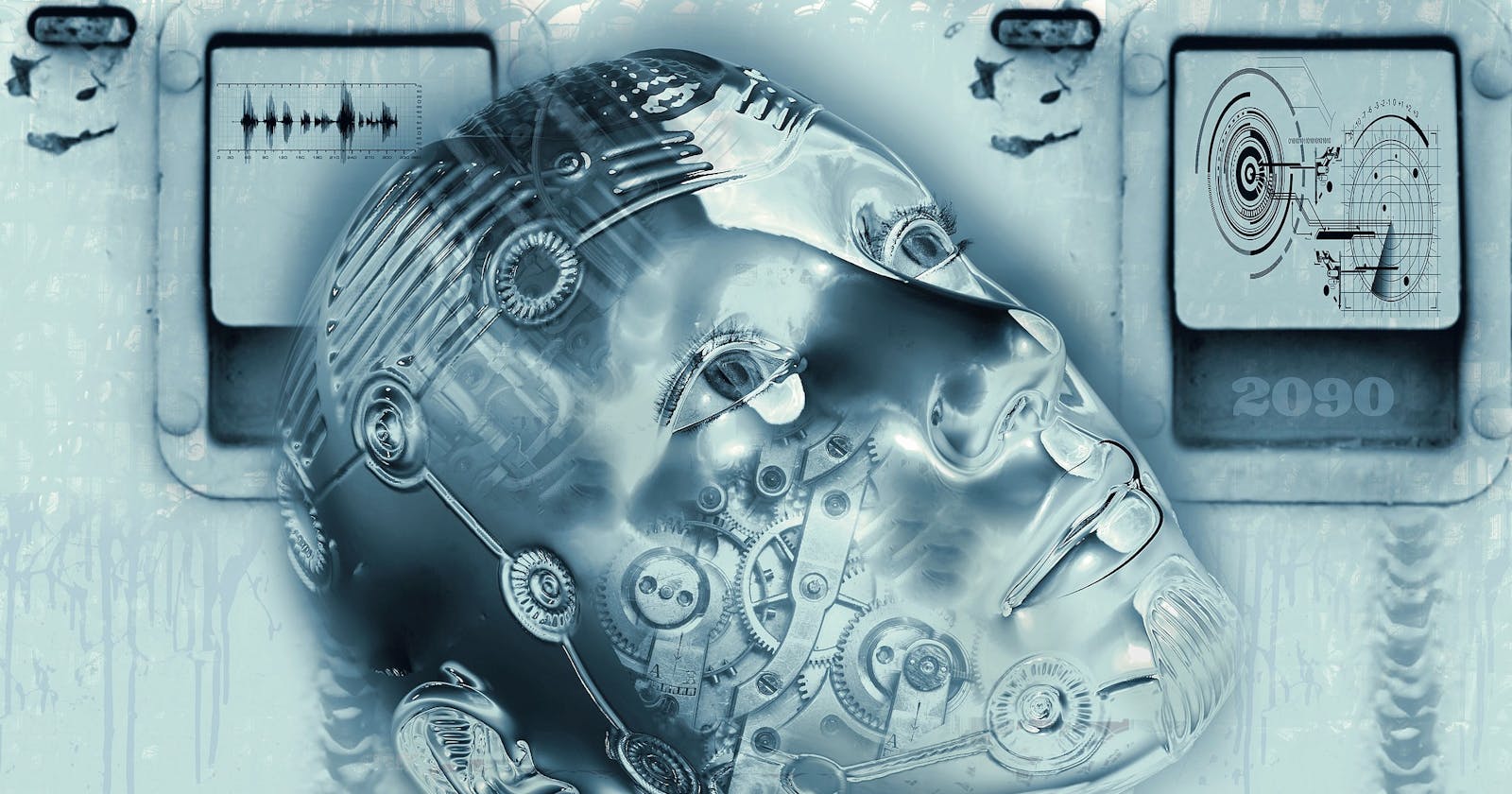Artificial Intelligence is a modern area and refers to the simulation of human talent in machines that are designed to suppose and act like humans.
These smart structures use algorithms, statistical models, and different mathematical strategies to operate duties that would usually require human cognition, such as visible perception, speech recognition, decision-making, and language translation.
The aim of AI is to create structures that can examine data, reason, and clear up troubles in methods that are comparable to human intelligence.
Artificial intelligence course
How to make a Career in Artificial Intelligence
If you want to make your career in AI then you should have a strong background in python, mathematics, and statistics.
Learn the most demanding programming languages such as Python, R, and Java.
you should gain a good experience with AI tools and technologies such as TensorFlow, Keras, PyTorch, and OpenCV.
you need to develop practical AI skills by working on projects and participating in hackathons.
Stay up-to-date with the latest developments in AI by reading research papers, attending conferences, and participating in online communities.
Build a portfolio of AI projects to showcase your skills to potential employers.
Applications of Artificial Intelligence
Virtual Personal Assistants: such as Apple's Siri, Amazon's Alexa, and Google Assistant.
Image and Speech Recognition: systems that can identify objects and people in images, or transcribe and translate speech in real time.
Autonomous Vehicles: self-driving cars that use AI to make decisions and navigate roads.
Recommender Systems: algorithms used by websites like Netflix and YouTube to suggest content to users.
Fraud Detection: AI systems that can detect suspicious patterns of behavior in financial transactions.
Healthcare: AI is used in medical imaging and diagnosis, drug discovery, and personalized treatment plans.
Robotics: AI is used in robotics to control movement and make decisions based on sensory input.
Role of artificial intelligence experts
a. Designing and creating AI algorithms and models.
b. Collecting and making ready records for use in AI systems.
c. Training and trying out AI structures through the use of desktop mastering techniques.
d. Debugging and optimizing AI structures to enhance their performance.
Integrating AI structures with different software programs and hardware.
e. Collaborating with interdisciplinary teams, inclusive of software program engineers, statistics scientists, and commercial enterprise stakeholders.
f. Explaining complicated AI principles to non-technical stakeholders and decision-makers.
g. Staying updated with the ultra-modern traits in AI lookup and technology.
h. Ensuring that AI structures comply with ethical, legal, and regulatory requirements.
Future of Artificial Intelligence
The future of AI is expected to be characterized by further advancements and increased integration into various industries and aspects of daily life.
More advanced and human-like AI systems: AI is likely to continue to improve and become more sophisticated, with systems that can perform complex tasks and understand human emotions and intentions.
Wider adoption of AI in various industries: AI is expected to play a larger role in areas such as healthcare, finance, education, and transportation, improving efficiency, accuracy, and decision-making.
Increased automation: AI is likely to automate a growing number of tasks and jobs, both routine and non-routine, potentially leading to job displacement and requiring re-skilling of the workforce.
Thanks.
Team Digistackedu
